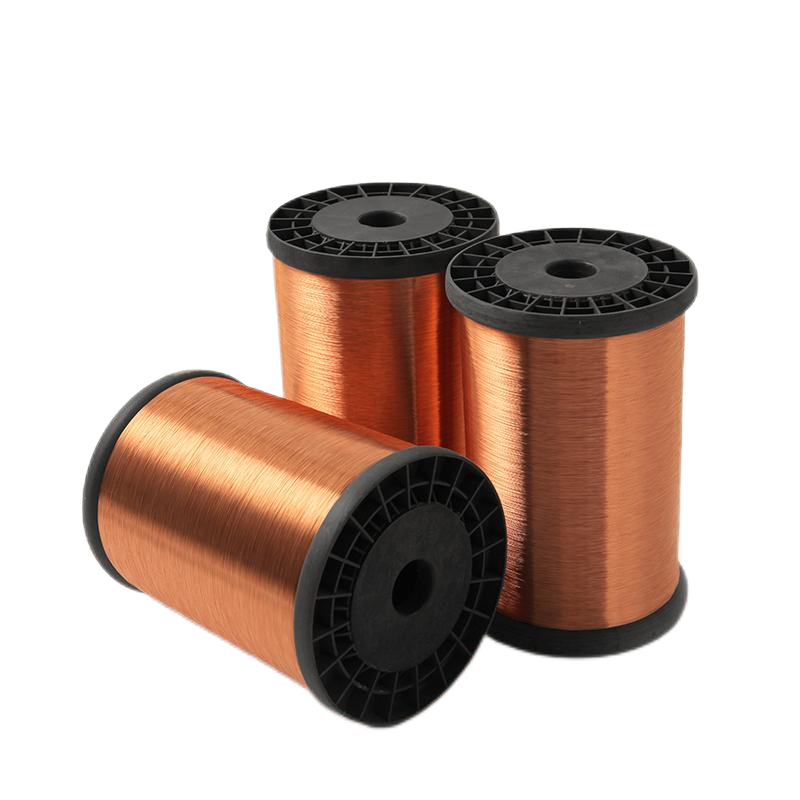
ข้อดี: ให้สมดุลระหว่างคุณสมบัติของทองแดงและอลูมิเนียม โดยรวมความสามารถในการนำไฟฟ้าของทองแดงเข้ากับน้ำหนักเบาของอลูมิเนียม เพื่อเพิ่มประสิทธิภาพทางไฟฟ้าและลดต้นทุน ข้อเสีย: อาจมีราคาสูงกว่าสายทองแดงบริสุทธิ์...
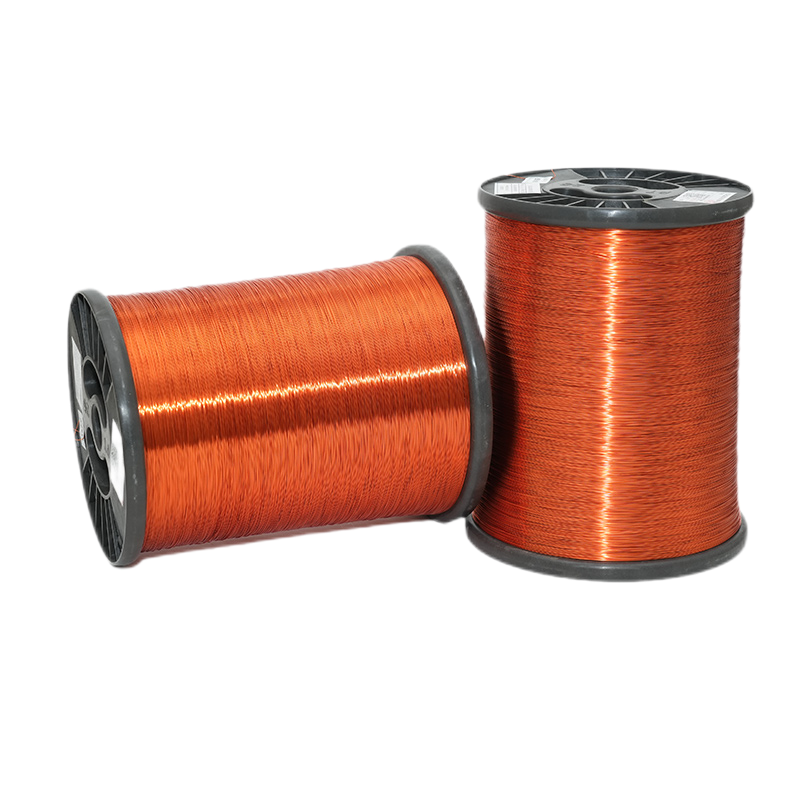
ข้อดี: มีการนำกระแสไฟฟ้าสูง ต้านทานการกัดกร่อนได้ดี และมีเสถียรภาพทางความร้อนยอดเยี่ยม ข้อเสีย: อาจมีราคาแพงกว่าสายชนิดอื่น ๆ เนื่องจากความสามารถในการนำกระแสไฟฟ้าสูงและอาจมีน้ำหนักมากกว่า ขอบเขตการใช้งาน: ใช้อย่างแพร่หลายในเครื่องแปลงพลังงาน...
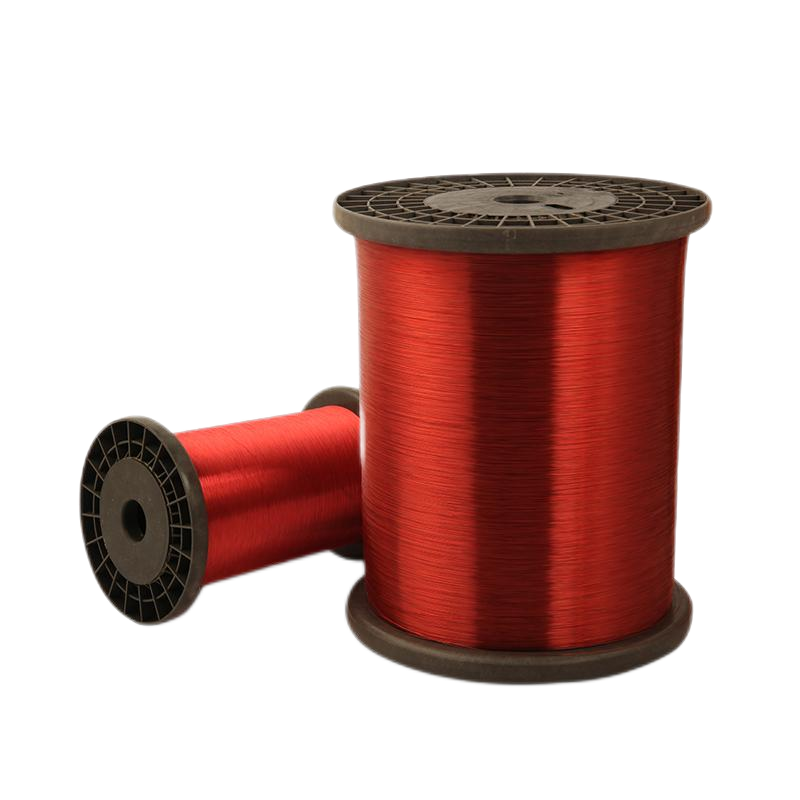
ข้อดี: น้ำหนักเบา คุ้มค่า และมีการนำไฟฟ้าที่ดีเมื่อเปรียบเทียบกับทองแดงโดยมีน้ำหนักน้อยกว่า ข้อเสีย: อาจถูกกัดกร่อนได้ง่ายกว่า และอาจต้องมีมาตรการป้องกันเพิ่มเติม ขอบเขตการใช้งาน: ใช้ในงานไฟฟ้า...
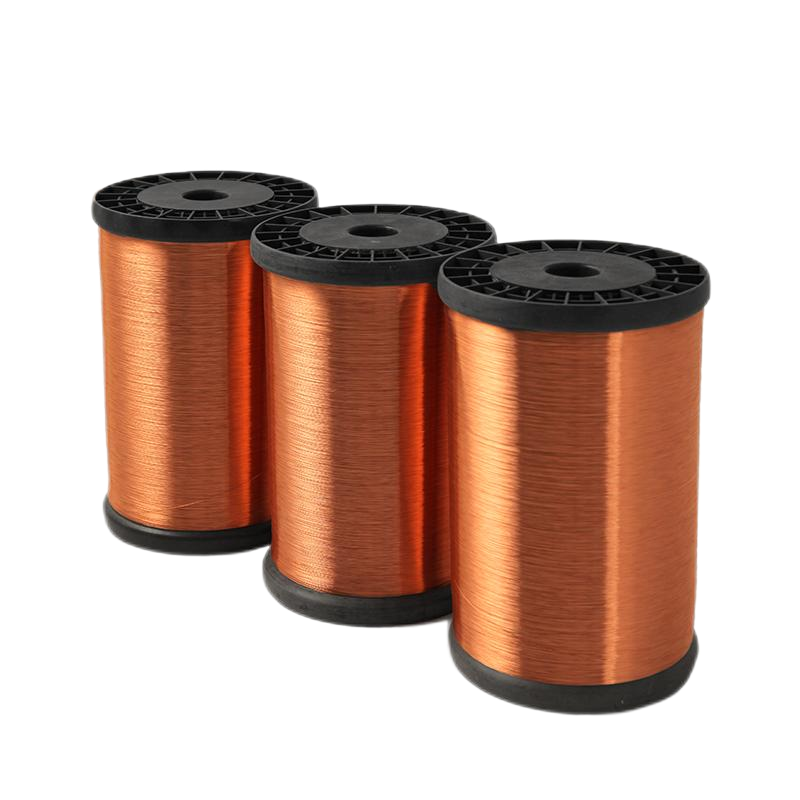
ข้อดี: ขึ้นชื่อเรื่องคุณสมบัติทางกลที่ยอดเยี่ยม การต้านทานการสึกหรอ และความยืดหยุ่น ข้อเสีย: อาจมีราคาแพงกว่าในการผลิตและอาจมีการต้านทานสารเคมีจำกัดเมื่อเปรียบเทียบกับวัสดุชนิดอื่น ขอบเขตการใช้งาน: ใช้อย่างแพร่หลายใน...

ข้อดี: มีคุณสมบัติฉนวนไฟฟ้าที่ดี เสถียรภาพทางความร้อน และต้านทานต่อสารละลายและน้ำมันได้ดี ข้อเสีย: อาจมีความแข็งแรงทางกลต่ำกว่าลวดเคลือบชนิดอื่น ขอบเขตการใช้งาน: ใช้ในหม้อแปลง คอนเดนเซอร์,...
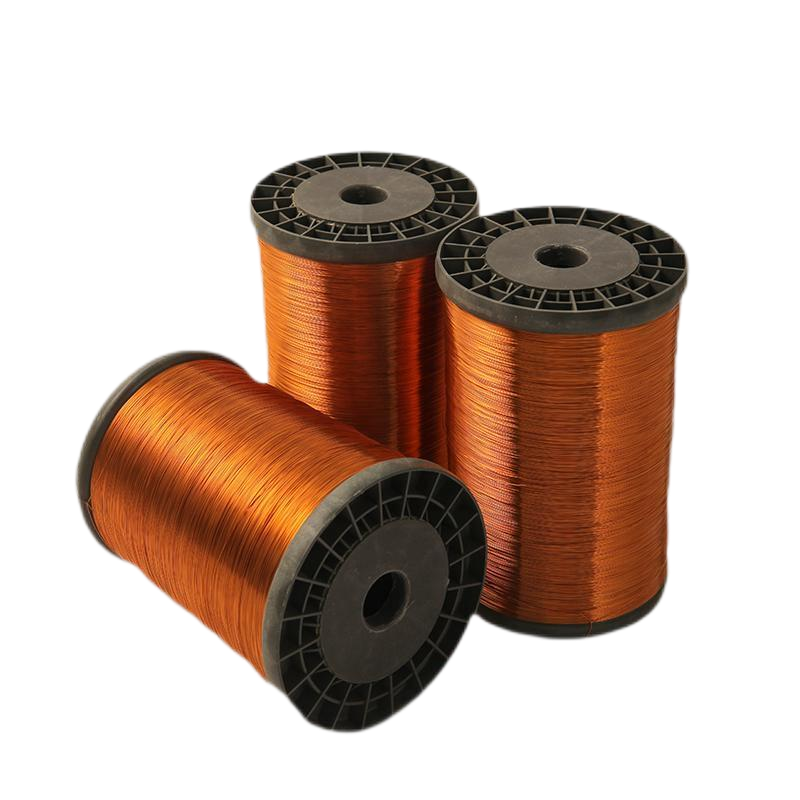
ข้อดี: มีเสถียรภาพทางความร้อนยอดเยี่ยม ทนต่ออุณหภูมิสูง และมีคุณสมบัติทางกลที่ดีเลิศ ข้อเสีย: อาจมีกระบวนการผลิตยากเนื่องจากทนต่ออุณหภูมิสูงและอาจมีราคาแพงกว่า ขอบเขตการใช้งาน: ...